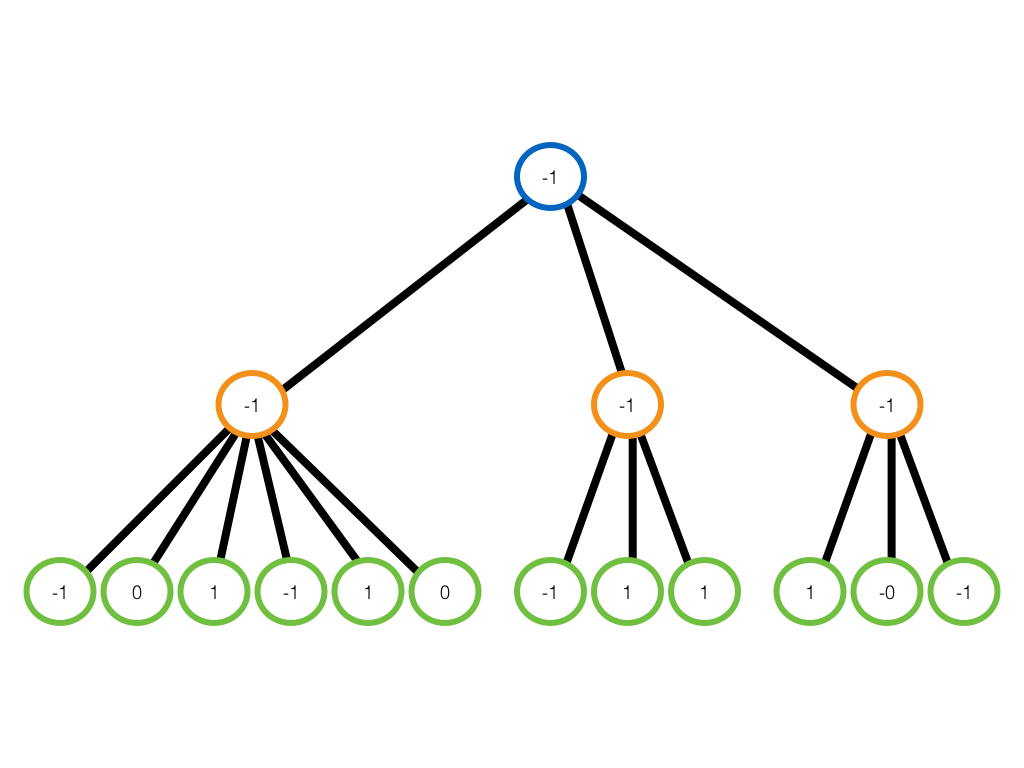Shaull's answer is absolutely correct, and by referring Zermelo's theorem it is pointing in the right direction.
However, beyond the observations done on the rationality of your opponent, the point here is that Minimax is pretty good for strategical games where a single mistake could lead to a disaster, e.g., chess ---where just overlooking a single move can lead to checkmate. On the other hand, if no such strategical flaws are likely (e.g., Omweso and I think Quoridor also to some extent) then Monte-Carlo sampling is a much better option.
For a thorough study on the topic, see:
Raghuram Ramanujan and Bart Selman. Trade-Offs in Sampling-Based Adversarial Planning. Proceedings of the Twenty-First International Conference on Automated Planning and Scheduling. Freiburg, Germany, 2011.
(which was actually awarded a honorable mention for best student paper). In this case, the purpose of such algorithm is to follow good lines of action instead of preventing a loss. Monte-Carlo sampling is also the best option to use in case your branching factor is too large (so that minimax and any of its variants such as alpha-beta become infeasible), e.g., Go.
Be aware however, that one of the options used much often in Monte-Carlo sampling, UCT, does not seem to be so good in the end. For a good discussion on the topic, see:
Carmel Domshlak, Zohar Feldman. To UCT, or not to UCT?. Proceedings of the Sixth Annual Symposium on Combinatorial Search. Leavenworth, Washington, USA, 2013.
Hope this helps,
 (Source: Myself)
(Source: Myself)